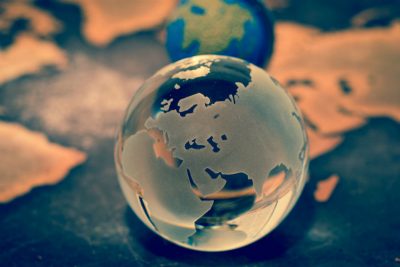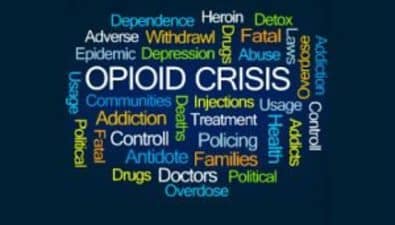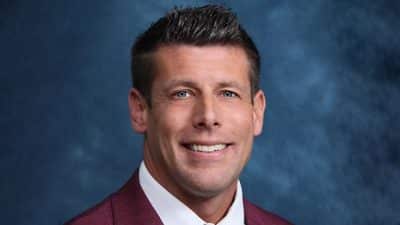
By Kathleen Rogers
It’s another year marked by fire. In April, billions of hearts broke as flames engulfed one of the world’s most awe-inspiring churches, Paris’s Notre Dame Cathedral.
Like all great tragedies, what gave the cathedral so much majesty was also what fueled its downfall. More than 5,000 old-growth oak trees make up the beams, trusses and reinforcements of the 850-year old French Gothic cathedral. The cathedral comprises so much timber that its frame was given a romantic name over the centuries: “la forêt,” or the forest.
Long before the fire was extinguished, people and organizations from around the world rushed to donate. In the day and a half following the fire, more than $1 billion dollars was pledged to restore Notre Dame to its former glory.
Today, we face the devastation of another forest: The Amazon. The Amazon rainforest is on fire, and the devastation can be seen from space. Brazil’s space research center has detected more than 72,000 fires alone so far this year — an 83% increase over the same period in 2018, and nearly 10,000 new forest fires since last week.
The Amazon is home to half of the world’s tropic forests and more than two million animal and plant species. As the world’s largest land carbon sink, the Amazon is one of the world’s most powerful tools in fighting climate change. But when trees burn, they release their stored carbon dioxide into the atmosphere, turning them from a major carbon sink to a major carbon source.
In other words, if fires like this one continue, the Amazon won’t slow global warming — it will contribute to it.
Many of these fires can be attributed to one source: illegal land clearing for cattle ranching, the leading cause of deforestation in the Amazon. Climate change exasperates the problem, creating drier, warmer environments for trees to catch fire. Meanwhile, illegal infrastructure projects across the rainforest are accommodating other illegal activities like mining, logging and agriculture. And Brazil’s government, which has often turned a blind eye to illegal fires and development, now brazenly proclaims these activities, legal or not, to be in the best interests of Brazil.
No one can deny the history and significance of Notre Dame, a testament to human ingenuity and creativity. Why then have we been slow to act with the same fervor and emotion when our Earth’s largest, most diverse rainforest is engulfed in flames?
The Brazilian government’s response may have set the tone. Brazil has rejected foreign assistance to fight these fires, and Jair Bolsonaro, Brazil’s development-at-any-cost president, has declared the Amazon open for business. Within a few short months of his election, deforestation jumped 400 percent.
Exporting cattle is only expected to increase for Brazil, especially after it’s cleared to send beef to the U.S. Exports of soy, minerals and oil, much of which come from the Amazon, are also increasing. Economically, it seems Bolsanaro has nothing to worry about.
So what can be done, then, in the face of inaction or even national acquiescence?
In short, the Amazon needs a united response to pressure action, as unified and urgent as the one seen for Notre Dame.
It starts with global leadership in response to Bolsonaro’s administration. So far, that response has come from Pope Francis, who in October will host the Synod of Bishops, a gathering of religious leaders, to discuss the Amazon’s biodiversity and threats. Pressure from Brazil’s 120 million Catholics, more than any other country in the world, could be a powerful political tool in compelling change.
In addition to the Pope’s efforts, major donor countries, such as Norway, Germany and others, should demand more accountability from Bolonsaro in exchange for their millions in conservation and development funding.
We need funding and international support and protection for indigenous and local communities, along with on-the-ground civil society organizations all of which are under serious physical threat every day by criminals who appropriate land and murder activists. Playing a critical role is consumers’ demand to know where their food is sourced, as outlined in arecent U.N. climate report.
But above all, we need united multilateral pressure to drive action. Only with international cooperation and strong government action can we create the mechanisms to protect the rainforests and the communities that sustain them.
The world united to save la forêt. Now, we must act boldly to save our rainforest.
In the face of these fires, the world can’t afford anything else.
Kathleen Rogers is president of Earth Day Network. Credit to the American Forum for submitting this piece.










